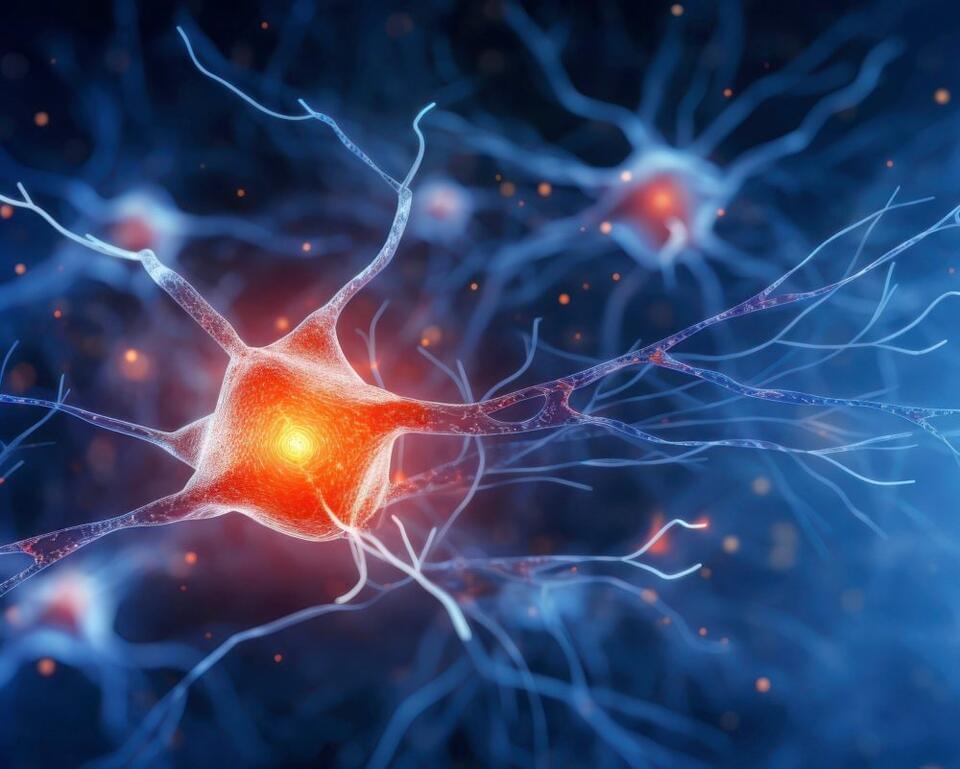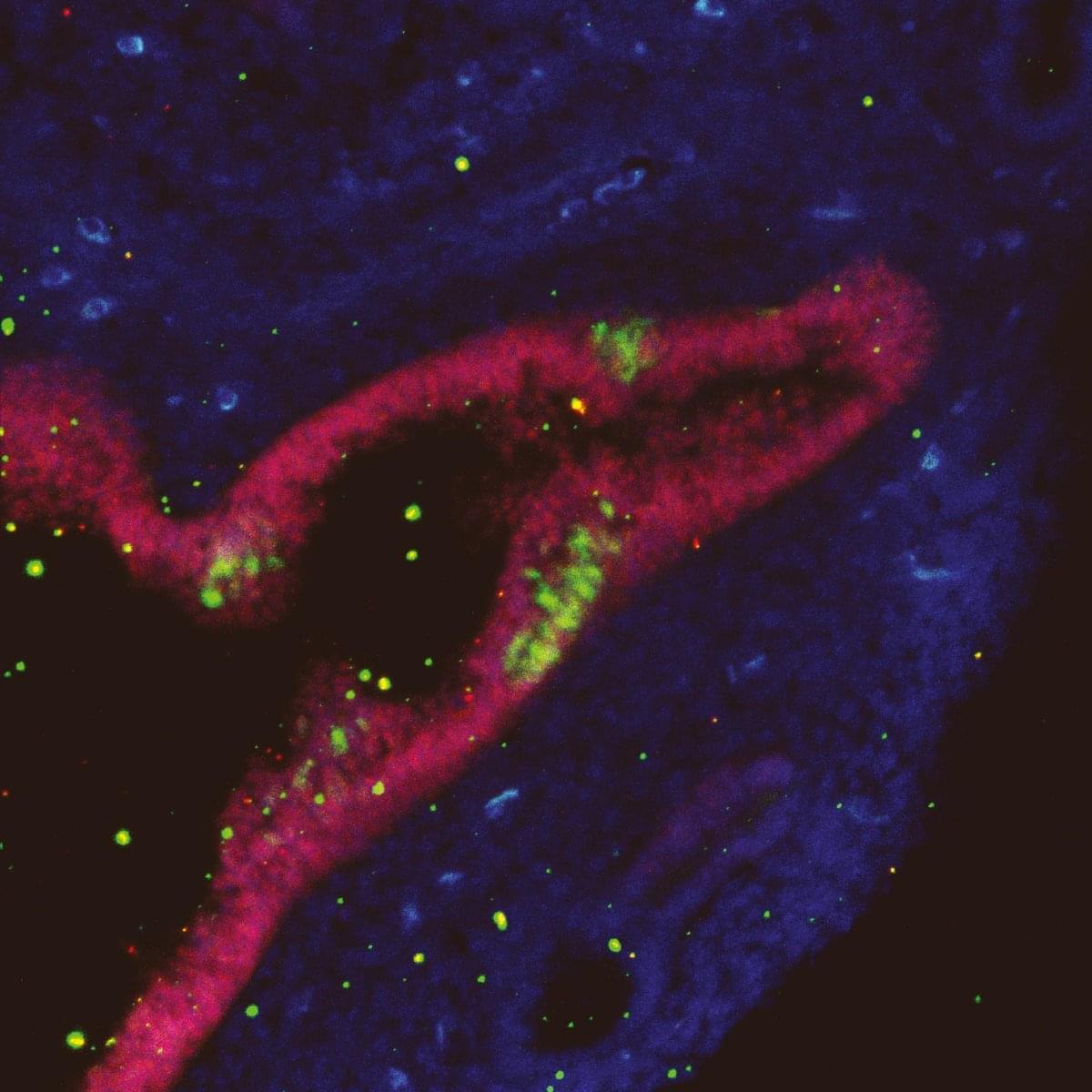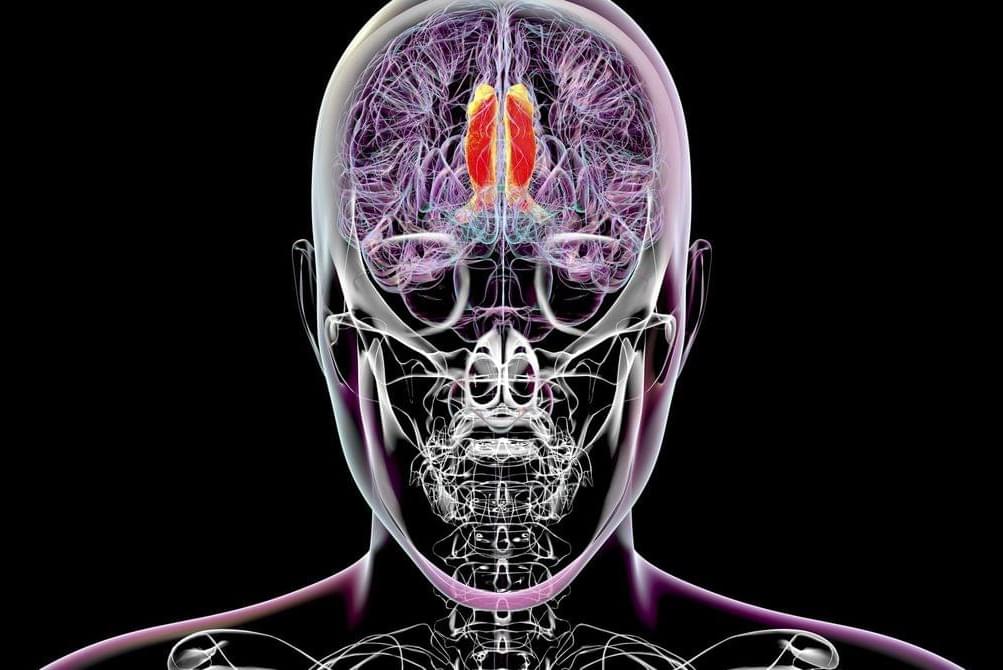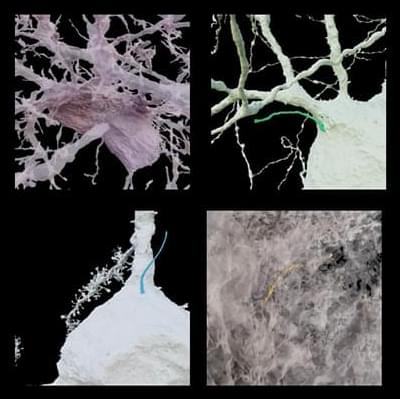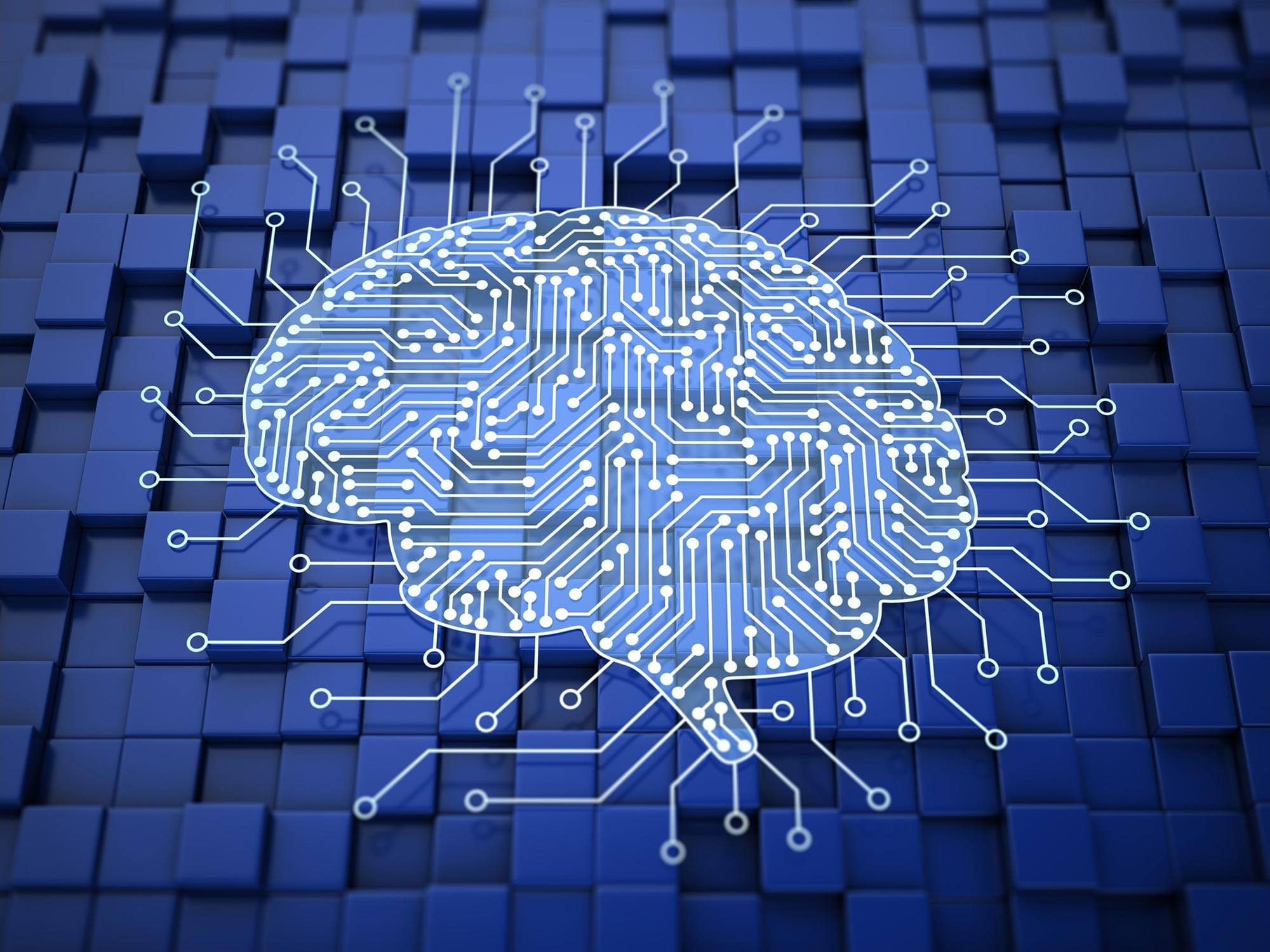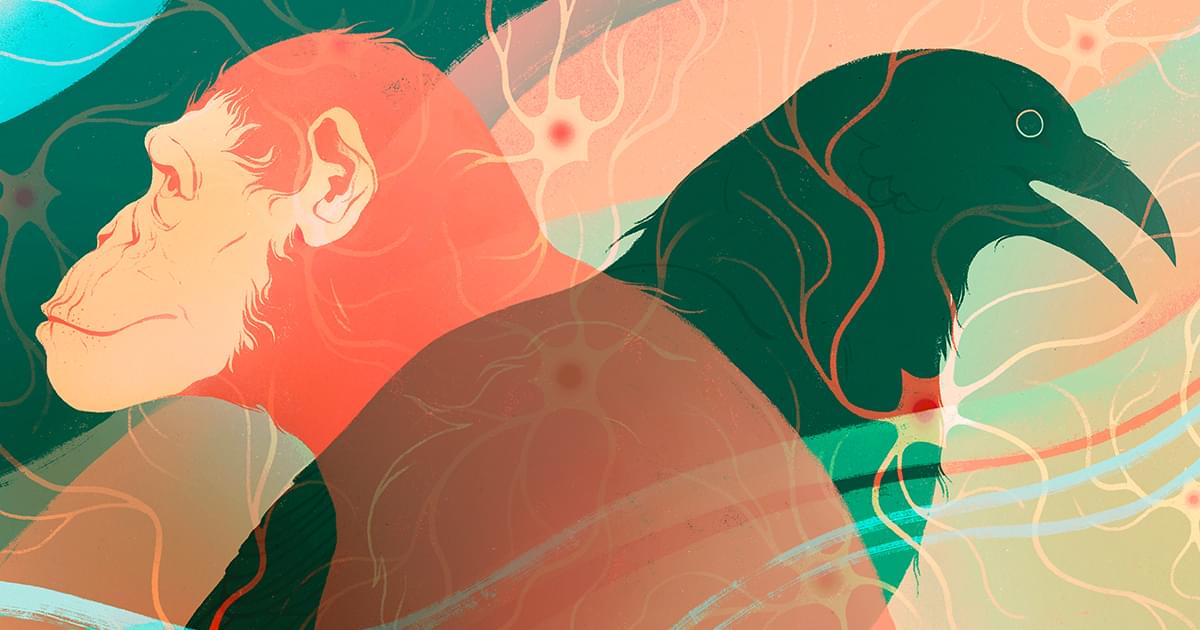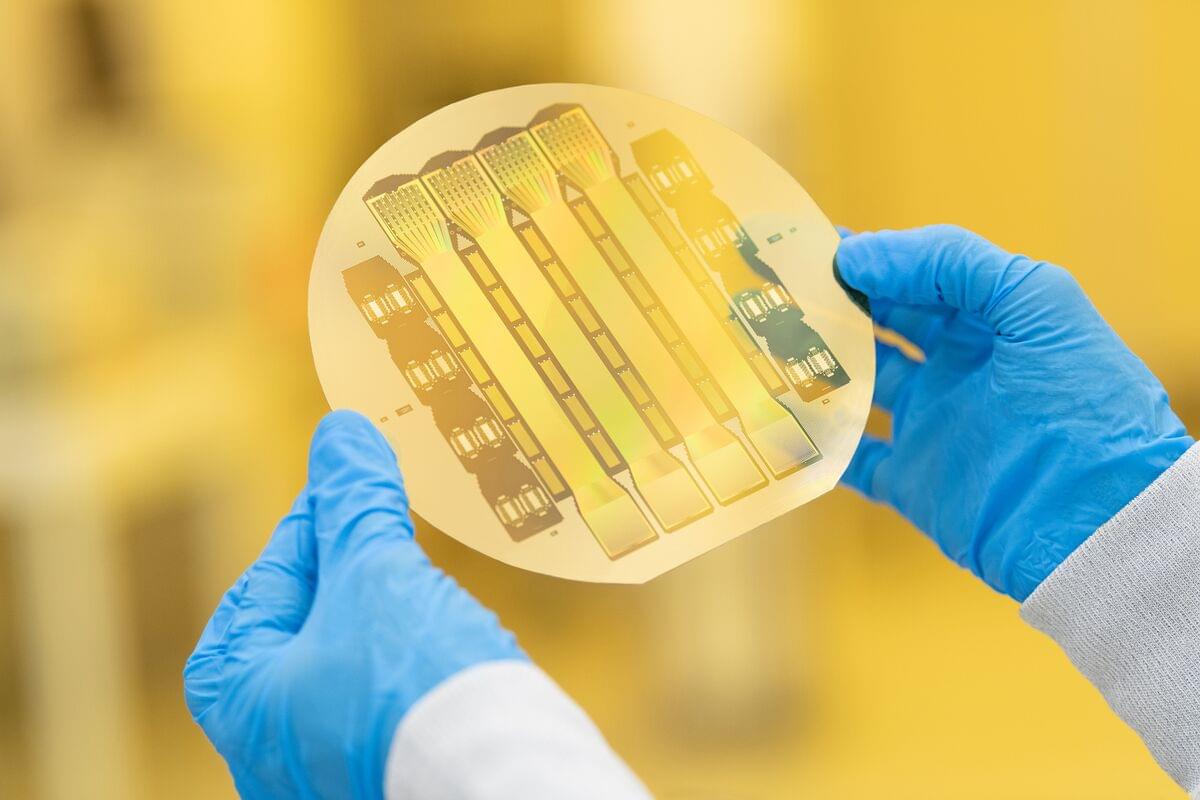Our brain’s ability to absorb fresh information — whether that means mastering a new task at work, memorizing the refrain of a song, or navigating unfamiliar streets — depends on a remarkable talent for neural self‑reinvention.
Every time we practice something novel, millions of tiny contacts between nerve cells subtly adjust their strength and neurons use multiple mechanisms to store knowledge.
Some connections, called synapses, amplify their signals to stamp in crucial details; others turn down the volume to clear away noise. Collectively these shifts are known as synaptic plasticity and for decades neuroscientists have cataloged dozens of molecular pathways that can nudge a synapse up or down.
